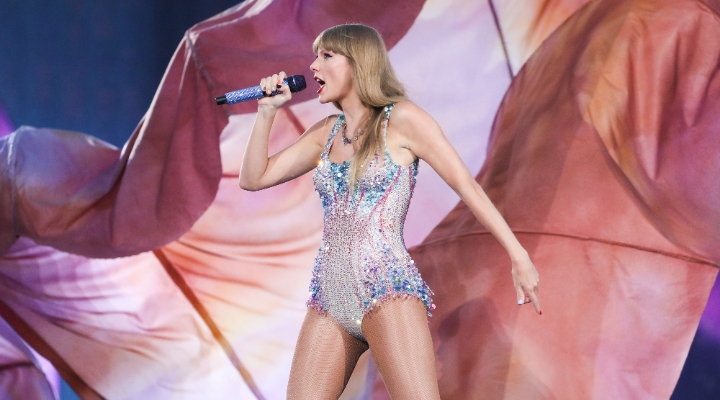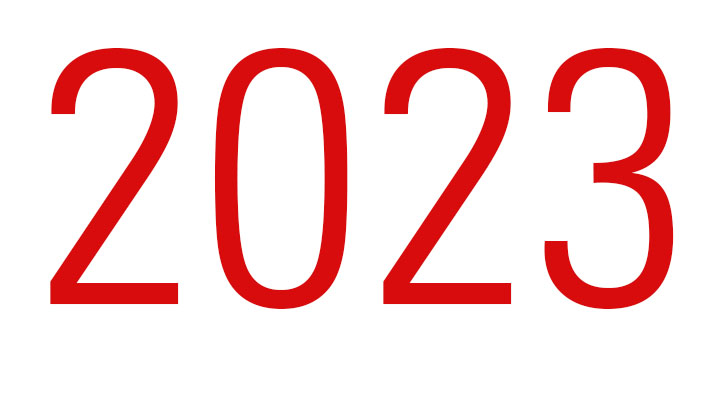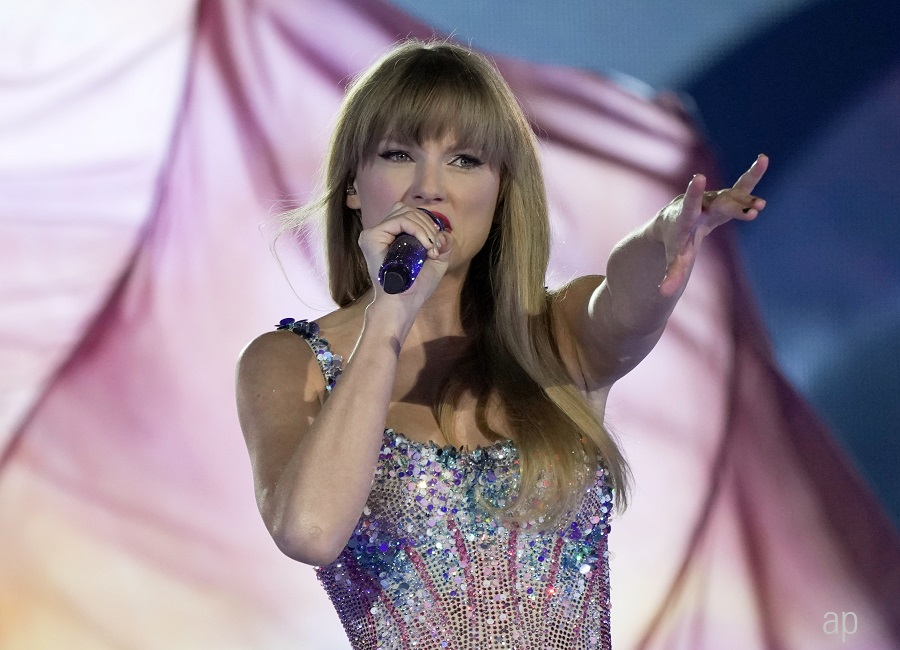
A lot of interesting moments made up the entertainment segment of 2023. Michelle Yeoh made history by winning Best Actress at the Oscars, and you couldn’t miss her moment, with everyone posting it “everywhere on the internet all at once.” And then there was a dual release of ‘Barbenheimer,’ Mattel’s Barbie and Christopher Nolan’s Oppenheimer. The hype stayed through Halloween, with Barbie and Ken outfits replacing Squid Game.
What about no-longer-buzzy trends? Meta’s Threads is probably a fad that died the fastest in 2023. Designed to rival X, previously called Twitter, the text-based platform at its July launch, acquired more than 100 million users within five days. But, user numbers quickly tumbled to half of that, Reuters reported.
Opposing that, Taylor Swift seems to be lasting for “eras.” The Singapore stop for her world tour is slated for March 2024. For that, Ticketmaster was among the top queries on Google. And surely, the singer-songwriter has become the most viewed international figure by Singaporean netizens.
For us, sticking to our mission of Empowering Investor Success, ‘Swiftonomics’ has drawn readers who want to be on top of their finances to the Morningstar.sg site for my colleague Carole Hodorowicz’s personal finance piece on how the popstar’s world tour can teach us about finance.
But what about popular terms in investing? Treasury bills, ChatGPT, and gold prices were among the top searches on Google. Meanwhile, we decided to show you the most frequently viewed securities – stocks, funds, and exchange-traded funds (ETFs) – on the sg.Morningstar.com site for the year. Here’s what we found.
10 Most Popular Stocks in Singapore
Of the year of the iPhone 15 launch, wide-moat Apple Inc (AAPL) was the most searched stock on sg.Morningstar. After surging 50.6%, the US$ 3 trillion company is considered as moderately overvalued with a 2-star rating.
Three more Morningstar’s equity coverage were in the the list: Singapore Airlines (C6L), Capitaland Ascott Trust Stapled Units (HMN), and ESR LOGOS REIT (J91U). These securities were all assigned a 4-star rating without an economic moat.
10 Most Popular ETFs in Singapore
In terms of ETF, readers were looking up for ETFs of Singapore REITs, such as CSOP iEdge S-REIT Leaders ETF (SRT) and Lion-Phillip S-REIT ETF (CLR), each giving out a single-digit return for 2023.
For equities, investors were interested in Hang Seng Tech index through the Lion-OCBC vehicle. The Silver-rated ETF posted an 11.6% loss. Nikko AM Singapore STI ETF (G3B), which invests in 30 largest stocks in the country, was also among the most searched. Having around US$ 500 million under management, the Silver-rated vehicle ended the period with a flat return. Two Gold-rated Asia bond ETFs also garnered interest – iShares JP Morgan USD Asia Credit Bd ETF (N6M) and iShares Barclays Cap USD Asia HY Bd ETF (QL3), with the former having the strong performance so far this year.
10 Most Popular Mutual Funds and Insurance Funds in Singapore
Turning to mutual fund and insurnace products sold in the country, the most popular funds were rather home biased, with 8 out of the top 10 being Asia related.
Chinese equities struggle for another year. Still, Singaporean investors want to keep a close eye on some Greater China strategies, notably Silver-rated FSSA Regional China A Acc, and two insurance products, GreatLink China Growth and PruLink Greater China. Each of the three funds made an approximately 10% loss for the year. Two Asia allocation funds also ranked top by views – Bronze-rated First Sentier Bridge Fund A (H Dist) and Neutral-rated Schroder Asian Income SGD A Dis.
But, it was a non-Asia strategy that ranked first – Allianz Income and Growth AM H2 SGD. Other share classes of this fund were rated at Neutral. The fund has US$ 45.69 billion under management and returned 16.0%. Globally, all share classes of the allocation fund absorbed US$ 4.24 billion between January and October 2023.
Because of a whooping distribution yield of 9% per year, the fund was made as a key case study of Morningstar’s multi-asset income fund research.
Bryan Cheung, associate director of manager research at Morningstar, thinks the yield level is hard for the fund to sustain because it is highly dependent on unpredictable short-term capital gains. “This heightens the risk of capital erosion in volatile markets, which can reduce the fund’s capital base and limits its capacity to provide a stable income… Also, the fund has a high downside risk because it concentrates on three highly correlated assets which are U.S. growth-tilted equities, convertible bonds, and high-yield credits,” he adds.






:quality(80)/cloudfront-us-east-1.images.arcpublishing.com/morningstar/5FNGF7SFGFDQVFDUMZJPITL2LM.png)



:quality(80)/cloudfront-us-east-1.images.arcpublishing.com/morningstar/NYUEHSFI4BDCJPQZJ76HH4PKSM.jpg)


.png)


.jpg)





